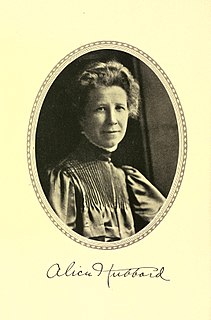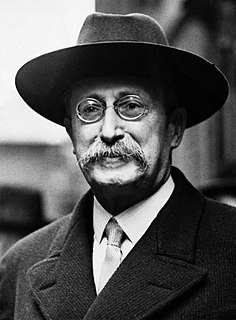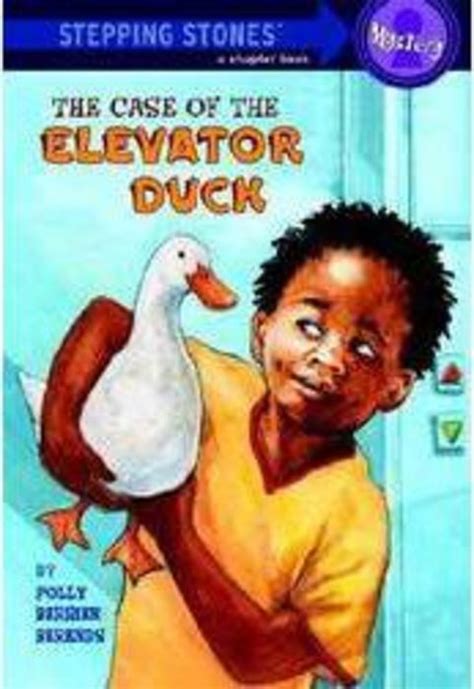A Quote by Anne Enright
No woman that I know is capable of leaving her child down for thirty seconds. She can't walk away without making sure that everything is absolutely as secure and safe for her child as can be.
Related Quotes
The idea is that Jodie Foster is with her child and she's going back to New York from Germany with her husband's body. She loses her child on a plane, and you think, 'How can that happen?' There's no record of her having brought a child onto the plane, and the captain is left wondering about whether she's telling the truth. You never really know if she's telling the truth or not.
Every act of motherhood contains a dual intent, as the mother holds the child close and prepares it to move way from her, as she supports the child and stands it firmly on its own feet, and as she guards it against danger and sends it out across the yard, down by the stream, and across the traffic-crowded highway. Unless a mother can do both - gather her child close and turn her child out toward the world - she will fail in her purpose.
My mother didn't feel sorry for herself, she was left with no child support, no alimony at a very young age, with a child to raise, a high school education and she just figured it out. She didn't complain, she didn't rely upon government, she relied upon her own skill set, her own self confidence, her own drive in moxie and her own duty to me and her and she relied upon her family and her faith.
Selfishly, perhaps, Catti-brie had determined that the assassin was her own business. He had unnerved her, had stripped away years of training and discipline and reduced her to the quivering semblance of a frightened child. But she was a young woman now, no more a girl. She had to personally respond to that emotional humiliation, or the scars from it would haunt her to her grave, forever paralyzing her along her path to discover her true potential in life.
For hours she danced and sang and flirted and did this thing that's-she did Marilyn Monroe. And then there was the inevitable drop. And when the night was over and the white wine was over and the dancing was over, she sat in the corner like a child, with everything gone. I saw her sitting quietly without expression on her face, and I walked towards her but I wouldn't photograph her without her knowledge of it. And as I came with the camera, I saw that she was not saying no.
"A child!" said Edith, looking at her. "When was I a child? What childhood did you ever leave to me? I was a woman - artful, designing, mercenary, laying snares for men - before I knew myself, or you, or even understood the base and wretched aim of every new display I learnt. You gave birth to a woman. Look upon her. She is in her pride tonight."
Sometimes you walk past a pretty girl on the street there's something beyond beauty in her face, something warm and smart and inviting, and in the three seconds you have to look at her, you actually fall in love, and in those moments, you can actually know the taste of her kiss, the feel of her skin against yours, the sound of her laugh, how she'll look at you and make you whole. And then she's gone, and in the five seconds afterwards, you mourn her loss with more sadness than you'll ever admit to.
At 19, if a woman said no, no meant no. If she didn't say anything and she was open, and she was down, it was like how far can I go? If I touch her breast and she's down for me to touch her breast, cool. If I touch her lower, and she's down and she's not stopping me, cool. I'm going to kiss her or whatever. It was simply if a woman said no or pushed you away that was non-consent.
She didn't feel thirty. But then again again, what was being thirty supposed to feel like? When she was younger, thirty seemed so far away, she thought that a woman of that age would be so wise and knowledgeable, so settled in her life with a husband and children and a career. She had none of those things. She still felt as clueless as she had felt when she was twenty, only with a few more gray hairs and crow's feet around her eyes.
There's not one woman in America who does not care about her hair, but we give it way too much value. We deprive ourselves of things, we use it to destroy each other, we'll look at a child and judge a mother and her sense of motherhood by the way the child's hair looks. I am not going to traumatize my child about her hair. I want her to love her hair.
You have to understand that I'm a child of the second generation, which means my mother was in Auschwitz, and the aunt of my mother was in Auschwitz with her; my grandmother and grandfather died there. So yes. All of those gestures they work for you, or for them, to fill their time or not feel their anxiety. But the child feels everything. It doesn't make the child secure. You put the child in a jail.



































